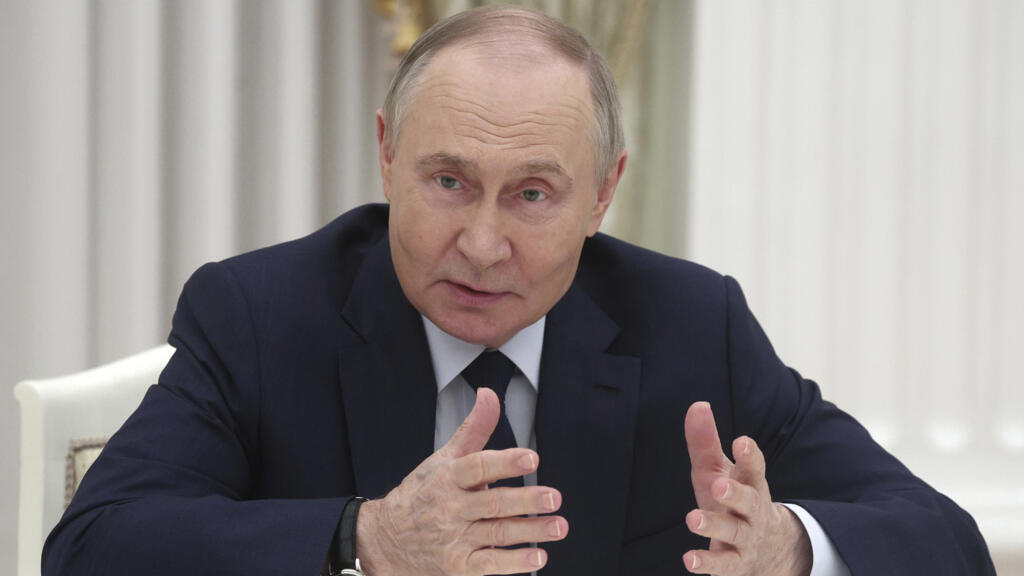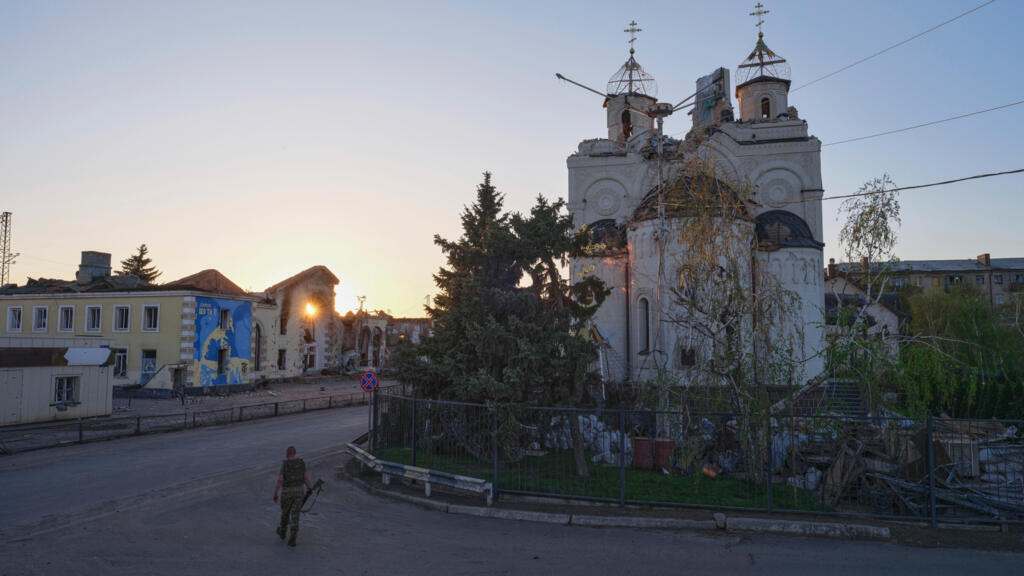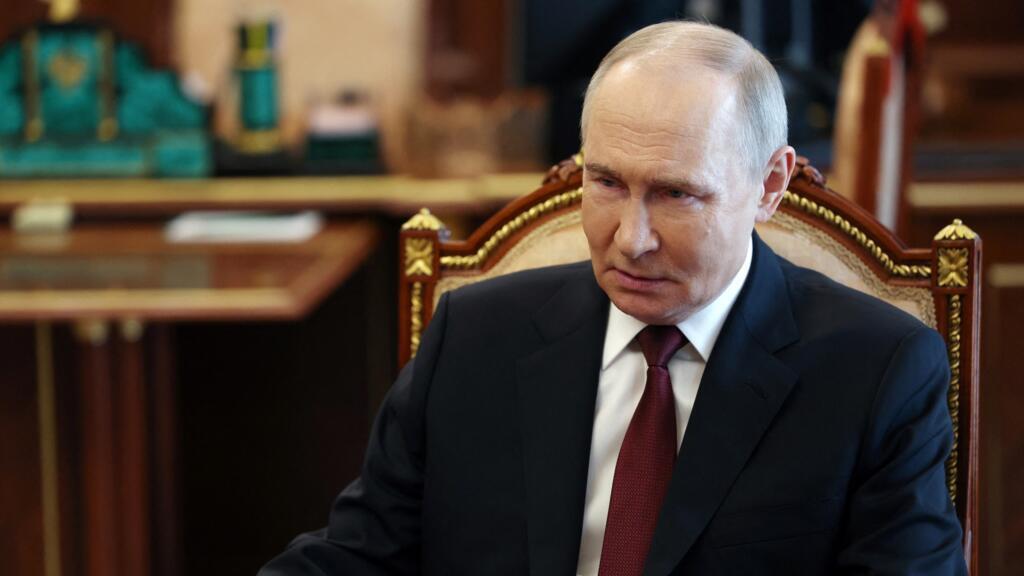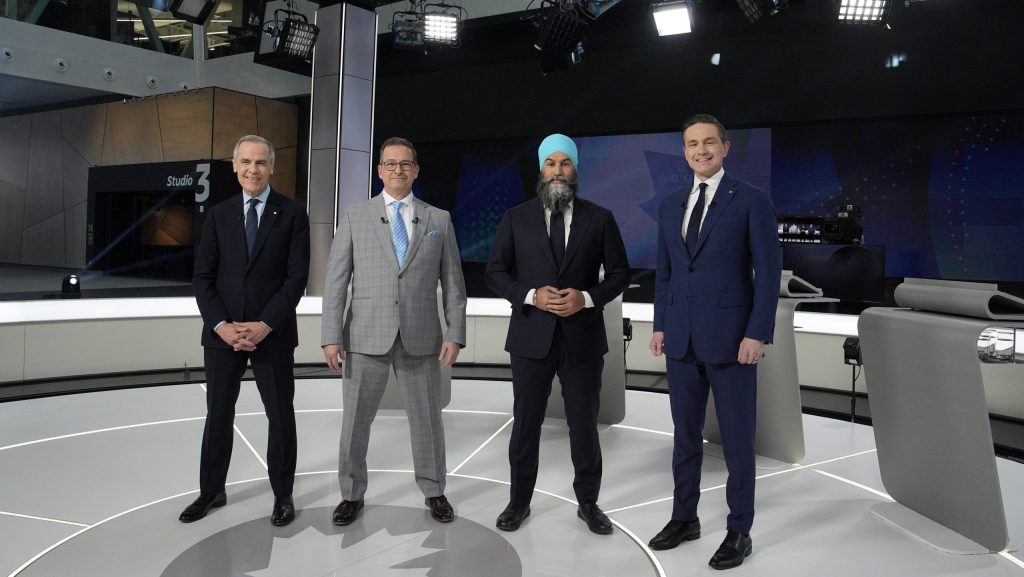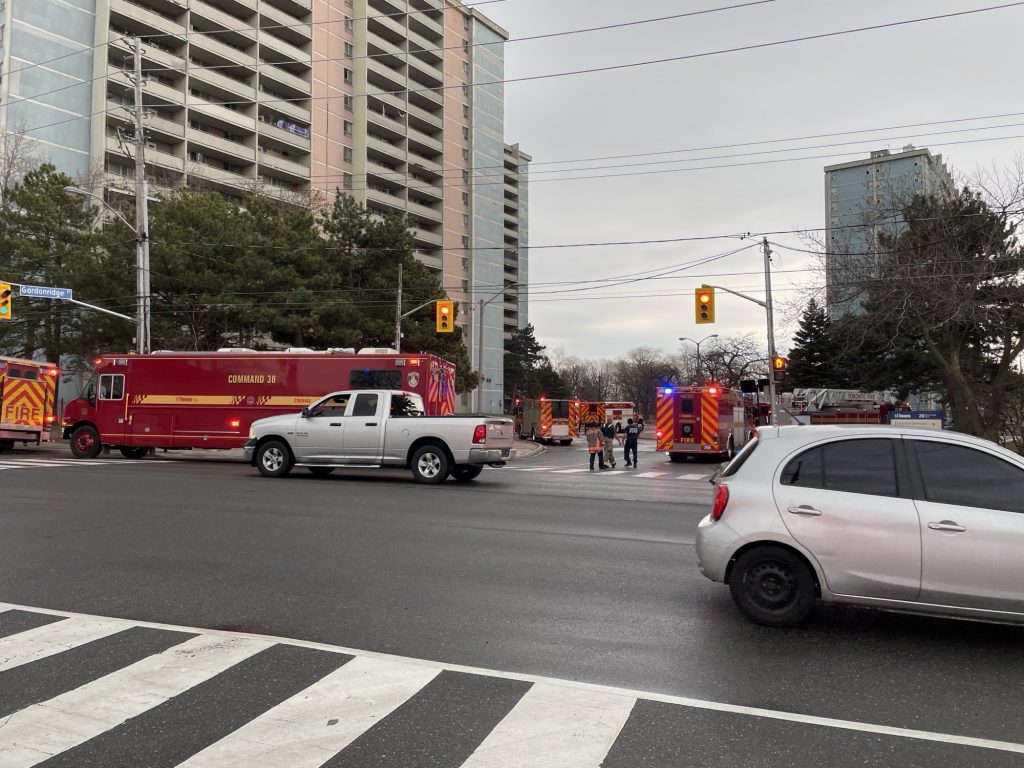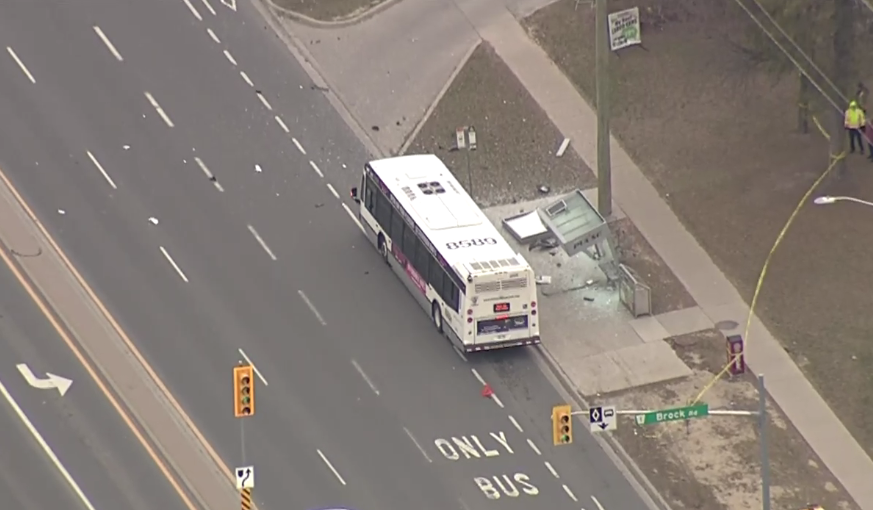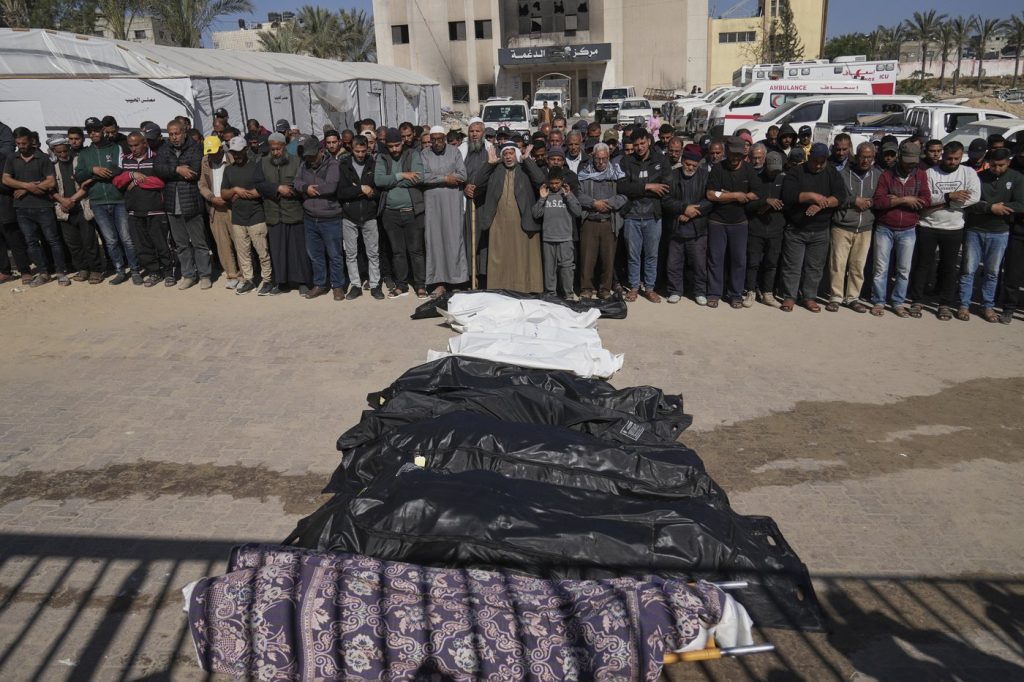Putin Declares Unilateral Easter Ceasefire in Ukraine
On Saturday, Russian President Vladimir Putin announced a unilateral ceasefire in Ukraine, coinciding with the Easter celebrations. This ceasefire is intended to last from Saturday evening until midnight on Sunday, marking a temporary halt to hostilities in the ongoing conflict that has deeply impacted Ukraine and its people.
The ceasefire declaration comes at a significant time in the conflict, following a period of intensified warfare and increased casualties on both sides. By implementing this temporary measure, Putin aims to provide a brief respite for the war-torn regions, allowing families and individuals to observe the Easter holiday in relative peace. The decision reflects a strategic move to highlight Russia's willingness to engage in peace talks, albeit unilaterally, amidst ongoing international scrutiny and pressure regarding its military actions in Ukraine.
Details surrounding the ceasefire reveal that it encompasses all military operations, with an expectation that Russian troops will respect the cessation of combat activities. This move could be perceived as an attempt to garner favor with both domestic and international audiences, framing the ceasefire within the context of cultural and religious observance. Easter is a significant holiday for many Christians, and the timing of the ceasefire may resonate positively with those seeking peace and reconciliation.
Despite the announcement, skepticism persists regarding the sincerity and effectiveness of the ceasefire. Ukraine and its allies have often viewed such unilateral declarations with caution, given the history of broken agreements and ongoing hostilities. Ukrainian officials are likely to monitor the situation closely, ready to respond to any violations of the ceasefire. Furthermore, the ceasefire’s impact on the overall dynamics of the conflict remains to be seen, as previous ceasefires have failed to lead to lasting resolutions.
International reactions to the ceasefire have varied. While some diplomatic voices may interpret it as a positive gesture from the Kremlin, others are likely to express doubts about Russia's commitment to peace. The geopolitical context of this conflict is complex, with ongoing debates about territorial integrity, sovereignty, and the broader implications for regional security in Eastern Europe.
As the Easter ceasefire approaches, the world watches closely to see whether hostilities will genuinely decrease or if the situation will return to the status quo of violence. The humanitarian aspect of the conflict cannot be ignored, as civilians continue to suffer from the ramifications of war. Observers emphasize the need for tangible diplomatic efforts that could address the underlying issues driving the conflict rather than temporary measures that may provide only fleeting moments of peace.
In conclusion, while Putin's unilateral ceasefire for Easter presents a potential opportunity for a pause in fighting, its effectiveness and implications for the future of the conflict in Ukraine remain uncertain. The coming days will be critical in determining whether this ceasefire can foster goodwill or whether it will simply serve as another chapter in a protracted and tumultuous history.


